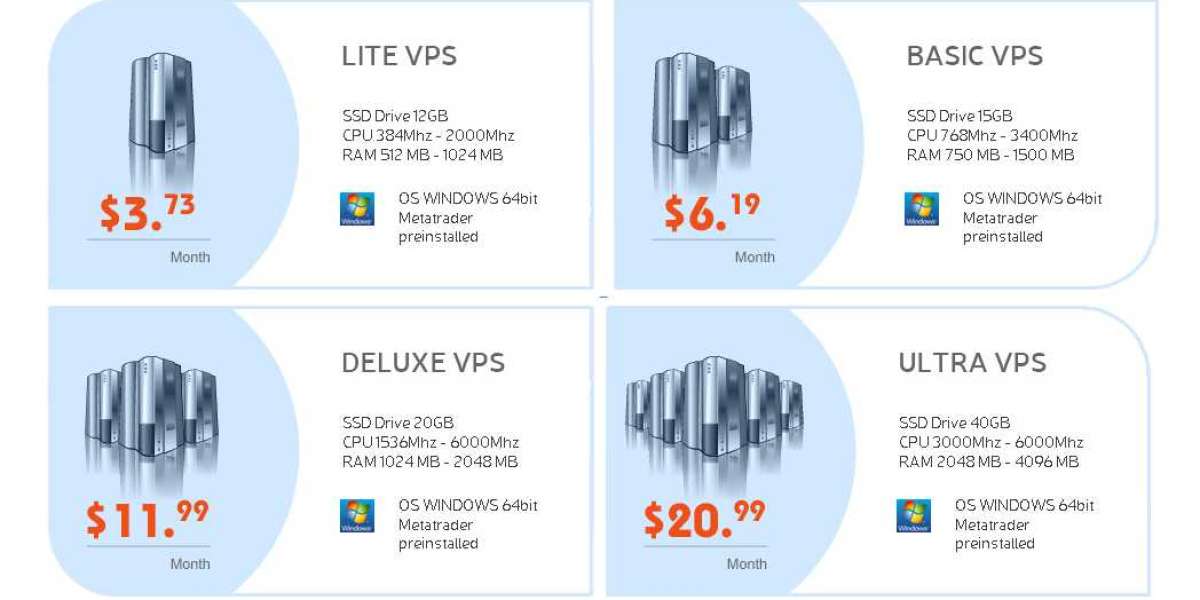When embarking on a trading journey and considering the possibility of trading full-time, traders often find themselves facing an important decision: what type of company structure should they adopt? There are three primary types of corporations to consider: C corporations, Sub S corporations, and LLCs (Limited Liability Companies). Each option comes with its unique advantages and considerations, and choosing the right structure can significantly impact a trader's financial and tax implications.
A C corporation is a regular corporation often utilized by public companies or businesses with multiple shareholders who aim to build an entity for various purposes, such as implementing medical reimbursement plans or specific retirement programs. The medical reimbursement feature can be particularly beneficial due to certain limitations on medical deductions for individuals and joint filers. However, beyond this aspect, traders may find greater benefits in either a Sub S corporation or an LLC, as both offer tax flow advantages at the shareholder or member level.
A Sub S corporation derives its name from the tax code section that grants it certain benefits. It is the oldest of the three corporation types, and many CPAs and attorneys are familiar and comfortable with its structure. The primary advantage of a Sub S corporation lies in its tax flow benefits, meaning that the corporation itself does not pay a separate tax; instead, the shareholders are taxed on any gains or losses personally. This allows traders to benefit from personal tax shelters during years when the company experiences losses.
On the other hand, an LLC is designed to address some of the structural complexities of a Sub S corporation. It provides flexibility and allows traders to issue multiple types of shares, making it possible to shift some trade income to family members through preferred class stock with no voting rights but a preference for income up to a specific level. This "income-shift" strategy enables traders to maintain control over the company while shifting income to family members in lower income brackets.
For traders who are the sole shareholder of their company, the Sub S corporation may be the more suitable choice. Single-member LLCs can create complications, as the IRS typically treats them as sole proprietorships, limiting the corporate benefits sought by traders. Therefore, traders should consider Sub S corporations for the flexibility they offer.
LLCs come with an additional advantage - asset protection. By placing assets in an LLC and structuring share ownership in someone else's name, traders can shield their assets from creditors. This provides added security in times of need while enabling traders to retain control of the company and receive a salary from it.
Moving beyond domestic company structures, some traders might explore the option of setting up offshore corporations for enhanced asset and liability protection. Offshore corporations, especially those in Commonwealth countries like Belize, Panama, Seychelles, Cook Islands, Cayman Islands, and British Virgin Islands, offer favorable laws that can benefit traders seeking secure international setups.
Establishing an offshore corporation requires more substantial initial costs compared to domestic corporations, but the added security can be worth it. Traders must remember that paying taxes appropriately is crucial, and evading taxes is not a recommended motive for choosing offshore corporations. Instead, traders should focus on asset and liability protection, using offshore structures to safeguard their hard-earned income from potential lawsuits or unscrupulous actions.
Ultimately, selecting the right corporate structure is a crucial aspect of a trader's journey to becoming a full-time trader. Understanding the advantages and implications of each type of corporation and seeking guidance from professionals can help traders make informed decisions, ensuring a solid foundation for their trading business. Remember, the path to success lies in thoughtful planning, diligent execution, and continuous learning in the dynamic world of trading.



